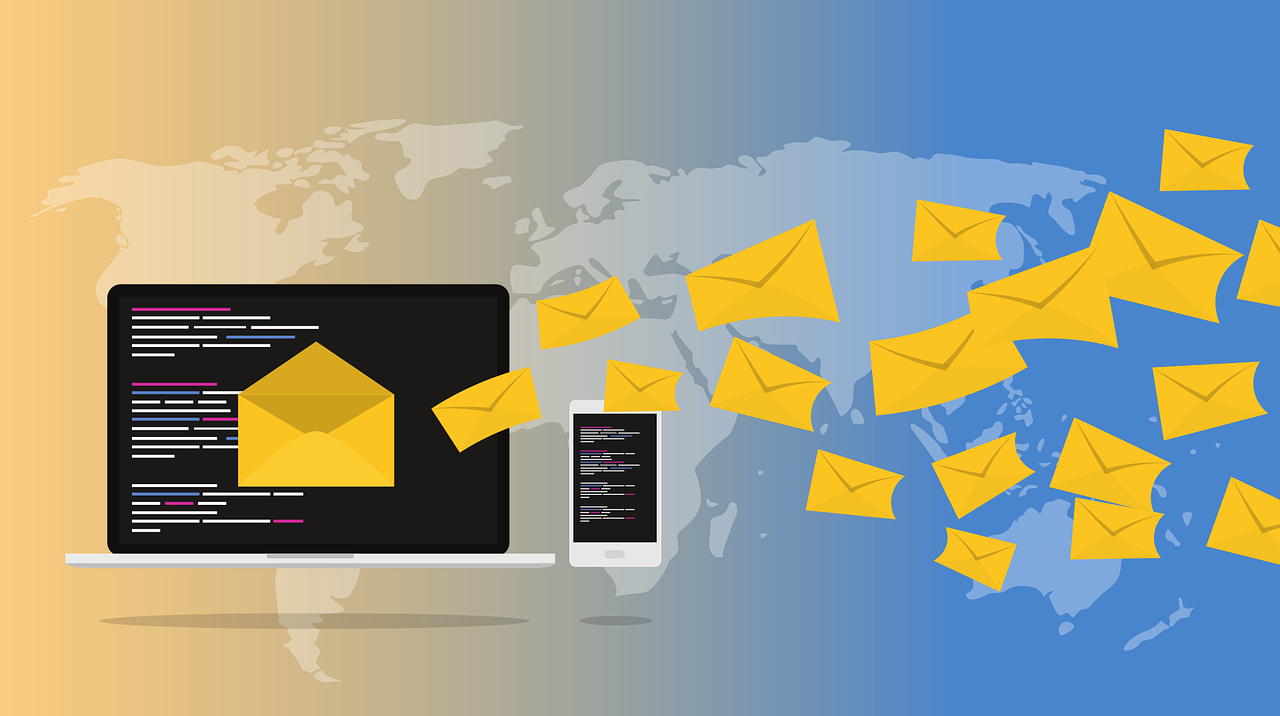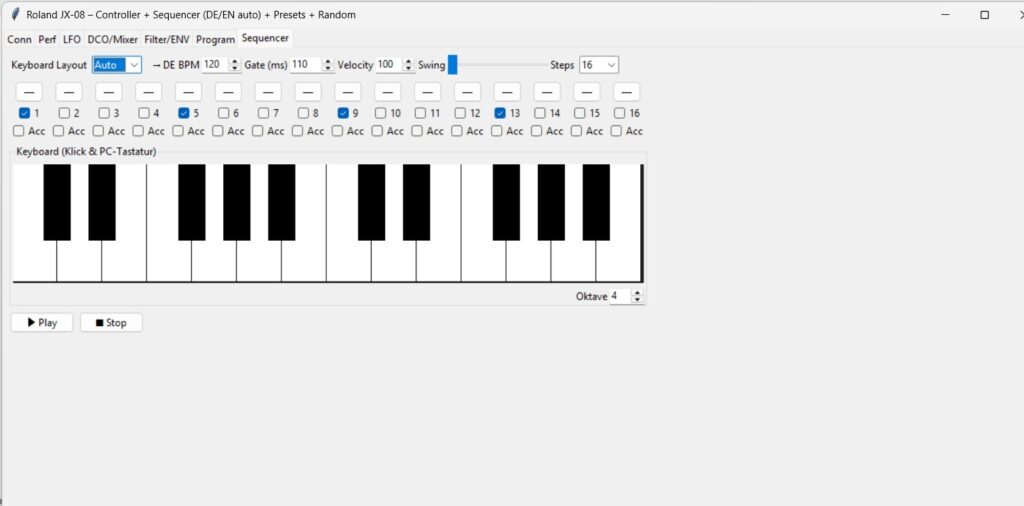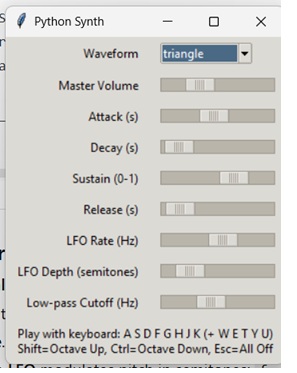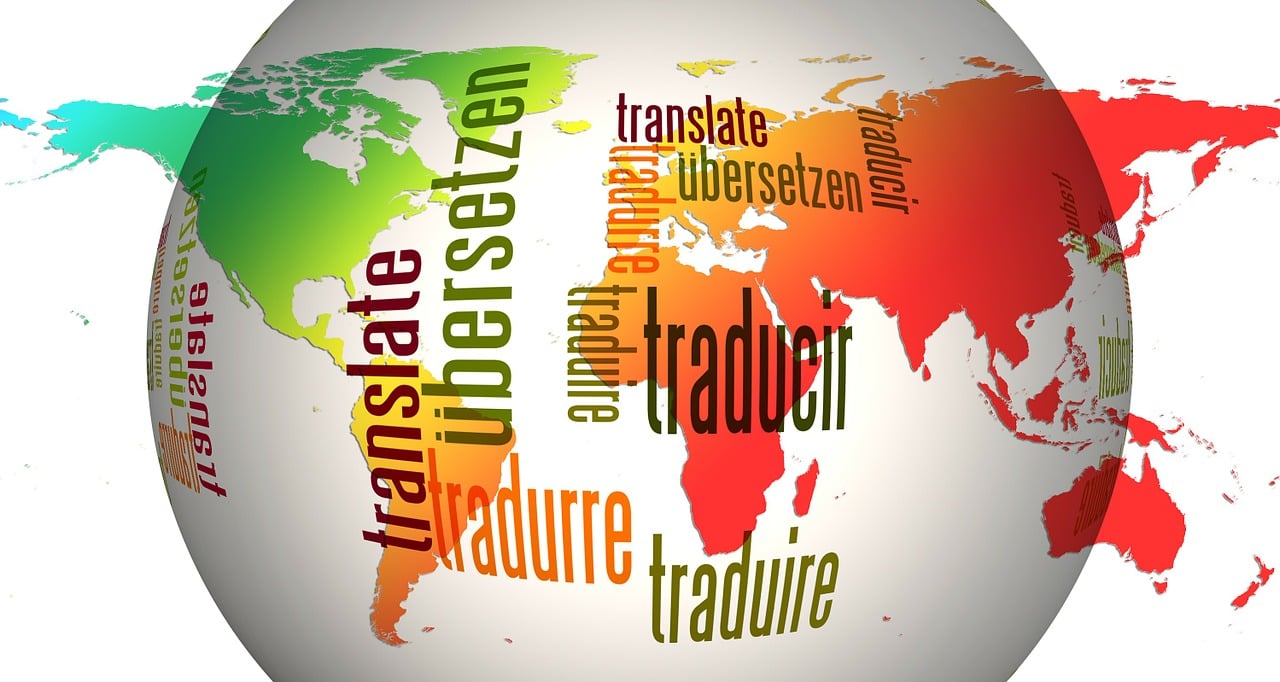Now Reading: Async Polling Gmail Subject Lines with asyncio + Gmail API
1
-
01
Async Polling Gmail Subject Lines with asyncio + Gmail API

Async Polling Gmail Subject Lines with asyncio + Gmail API
What you’ll build
- A small script that authenticates with Gmail (OAuth), then polls the inbox every few seconds and prints the Subject of any new/unseen messages.
- We’ll use the Gmail API’s
users.messages.listto find message IDs andusers.messages.get(withformat=metadata) to fetch just the Subject header efficiently. Google for Developers+2Google for Developers+2
1) One-time setup: Google Cloud + OAuth
- Go to the Gmail API Python Quickstart and follow “Enable the Gmail API” to create a project and OAuth client ID (Desktop). Download
credentials.json. Google for Developers - Put
credentials.jsonin your project folder. The first run will open a browser to grant access and store atoken.jsonlocally (so you won’t have to log in again). Google for Developers
We’ll request the minimal read-only scope:
https://www.googleapis.com/auth/gmail.readonly. Google for Developers
2) Install dependencies
python -m venv venv
# Windows: venv\Scripts\activate
source venv/bin/activate
pip install google-api-python-client google-auth-httplib2 google-auth-oauthlib
These are the official client libraries used in Google’s quickstart. Google for Developers
3) The async idea (important!)
- Google’s Python client is synchronous. We’ll call it inside
asynciousingasyncio.to_thread(...)so the event loop stays responsive. - We’ll poll every N seconds using
await asyncio.sleep(N). - We’ll keep a
seen_idsset so we only print new messages.
4) Full example (copy-paste runnable)
# gmail_async_poll.py
import asyncio
import os
from typing import Set, List, Dict
from google.oauth2.credentials import Credentials
from google_auth_oauthlib.flow import InstalledAppFlow
from googleapiclient.discovery import build
# ---- OAuth scope: read-only inbox access ----
SCOPES = ["https://www.googleapis.com/auth/gmail.readonly"]
def get_service():
"""
Synchronous: builds an authenticated Gmail API service.
Based on the official quickstart pattern.
"""
creds = None
if os.path.exists("token.json"):
creds = Credentials.from_authorized_user_file("token.json", SCOPES)
if not creds or not creds.valid:
if creds and creds.expired and creds.refresh_token:
# refresh silently
from google.auth.transport.requests import Request
creds.refresh(Request())
else:
# first-time browser OAuth flow
flow = InstalledAppFlow.from_client_secrets_file("credentials.json", SCOPES)
creds = flow.run_local_server(port=0)
# save token for next runs
with open("token.json", "w") as f:
f.write(creds.to_json())
return build("gmail", "v1", credentials=creds)
def list_message_ids_sync(service, q: str, label_ids: List[str], max_results: int = 20) -> List[str]:
"""
Synchronous: returns a list of recent message IDs using users.messages.list.
We use a Gmail search query 'q' and optional label filters.
"""
res = service.users().messages().list(
userId="me", q=q, labelIds=label_ids, maxResults=max_results
).execute()
msgs = res.get("messages", [])
return [m["id"] for m in msgs]
def get_subject_sync(service, msg_id: str) -> Dict[str, str]:
"""
Synchronous: fetch only metadata headers for fast access,
then extract Subject (and a few extras).
"""
res = service.users().messages().get(
userId="me",
id=msg_id,
format="metadata",
metadataHeaders=["Subject", "From", "Date"],
).execute()
headers = {h["name"]: h["value"] for h in res.get("payload", {}).get("headers", [])}
return {"id": msg_id, "Subject": headers.get("Subject", "(no subject)"),
"From": headers.get("From", ""), "Date": headers.get("Date", "")}
async def poll_subjects(interval_seconds: int = 10,
query: str = "is:unread",
labels: List[str] = ["INBOX"]):
"""
Async polling loop:
- every `interval_seconds`:
- list recent messages matching query/labels
- for any new IDs, fetch Subject via metadata and print it
"""
print(f"Starting async poll every {interval_seconds}s for query={query!r}, labels={labels}")
# Build the Gmail service once (sync), then reuse it.
service = await asyncio.to_thread(get_service)
seen: Set[str] = set()
while True:
try:
# 1) list IDs (run sync call in a thread to avoid blocking)
ids = await asyncio.to_thread(list_message_ids_sync, service, query, labels, 20)
# 2) for any new IDs, fetch metadata concurrently
new_ids = [i for i in ids if i not in seen]
if new_ids:
tasks = [asyncio.to_thread(get_subject_sync, service, mid) for mid in new_ids]
results = await asyncio.gather(*tasks)
for r in results:
print(f"[NEW] {r['Date']} {r['From']} :: {r['Subject']}")
seen.add(r["id"])
# 3) sleep and repeat
await asyncio.sleep(interval_seconds)
except KeyboardInterrupt:
print("Stopping poller...")
break
if __name__ == "__main__":
# Change the interval or query if you like:
# Examples for q:
# - "is:unread"
# - "newer_than:1d"
# - "label:unread from:github"
# (Note: some queries require scopes beyond gmail.metadata; we use gmail.readonly.)
asyncio.run(poll_subjects(interval_seconds=8, query="is:unread", labels=["INBOX"]))
What the code is doing (line-by-line highlights)
get_service(): Implements the OAuth flow from Google’s quickstart—loads saved tokens if present, runs a browser consent if not, then builds a Gmail API client. Google for Developerslist_message_ids_sync(): Callsusers.messages.listwith a Gmail search query (q) and optional label filters; only returns message IDs (that’s how the API works). Google for DevelopersStack Overflowget_subject_sync(): Callsusers.messages.getwithformat=metadataandmetadataHeaders=Subject,From,Dateto efficiently pull only headers (no full body). Google for Developers+1googleapis.github.iopoll_subjects(): An async loop:- Uses
await asyncio.to_thread(...)to run each synchronous API call in a thread (so the event loop stays free). - Collects new IDs and fetches their metadata concurrently with
asyncio.gather. - Waits
interval_secondswithawait asyncio.sleep(...)and repeats.
- Uses
5) Run it
python gmail_async_poll.py
- On first run, your browser opens → choose the Google account → allow the read-only permission →
token.jsonis saved. Google for Developers - Leave the script running; when new mail arrives that matches your query (default
is:unreadin INBOX), you’ll see:
[NEW] Tue, 12 Aug 2025 18:03:22 +0000 Sender Name <sender@example.com> :: Welcome to Async Gmail!
Tweaks & Tips
- Change the query (Gmail search syntax) to narrow results, e.g.
from:github newer_than:1d label:unread. (Be mindful: certain queries require appropriate scopes;gmail.metadatahas restrictions, we’re usinggmail.readonly.) Google Hilfe - Avoid duplicates: we used a simple
seenset. For reliability across restarts, persist it (e.g., a small SQLite DB or a file) or track Gmail history IDs (advanced). Google for Developers - Rate limits: Increase
interval_seconds(e.g., 15–60s) for production. - Only headers:
format=metadatais lighter/faster than fetching full messages. Google for Developers - Push vs Poll: Gmail also supports push notifications via
watch/PubSub, which is more scalable—but polling is simpler for a quick tool. (See the Gmail API guides if you want to evolve this.) Google for Developers
Why we used asyncio.to_thread
The Google API client is synchronous; wrapping calls with to_thread keeps your app responsive and lets you concurrently fetch multiple subjects without blocking the main loop.
References
- Gmail API Python Quickstart & OAuth flow. Google for Developers
- Gmail API users.messages.list and users.messages.get (metadata & headers). Google for Developers+2Google for Developers+2googleapis.github.io
- Guide: List Gmail messages and fetch details.
Previous Post
Next Post
Loading Next Post...











